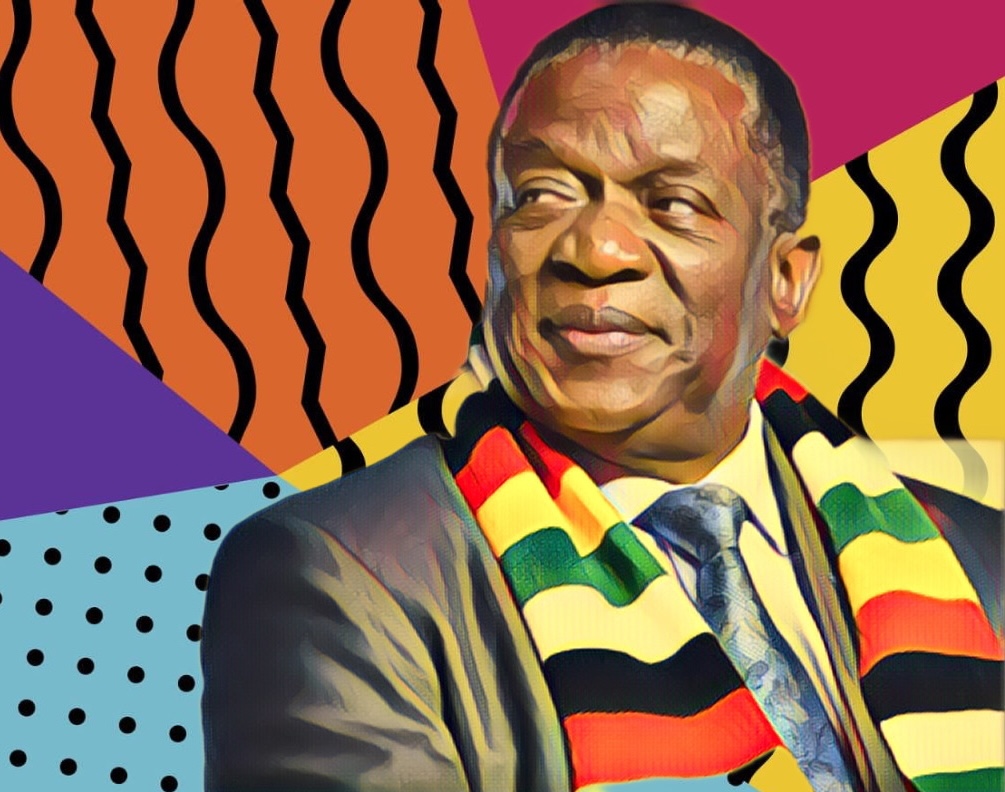Zimbabwe’s President Emmerson Mnangagwa is reaching out to Russian President Vladimir Putin for defense support amid growing concerns about the close relations between the United States and Zambia. This diplomatic maneuver comes as Mnangagwa faces increasing isolation on the international stage and seeks to strengthen his regime’s security apparatus
During a recent phone call with Putin, Mnangagwa expressed his desire for enhanced defense cooperation between Zimbabwe and Russia. He emphasized the need for robust military support to address security challenges and bolster Zimbabwe’s defense capabilities. This outreach highlights Mnangagwa’s reliance on traditional allies like Russia to counterbalance Western influence in the region.
“Zimbabwe and Russia have a long history of cooperation, and we are looking to deepen our defense ties in light of the current geopolitical landscape,” Mnangagwa reportedly told Putin. The conversation underscores Zimbabwe’s strategic pivot towards Russia amid strained relations with Western countries, particularly the United States.
Mnangagwa’s appeal for Russian support is driven by his concern over the burgeoning relationship between the US and Zambia. The recent diplomatic engagements between the two nations have raised alarm bells in Harare, as Mnangagwa views Zambia’s close ties with the US as a potential threat to regional stability and his administration’s security.
The growing cooperation between the US and Zambia includes increased military aid and development assistance, which Mnangagwa perceives as an encroachment on Zimbabwe’s sphere of influence. This has prompted him to seek reassurance from Russia, a key ally with significant military capabilities and a track record of supporting African governments.
“Zimbabwe cannot ignore the implications of the US-Zambia relationship. We must strengthen our own alliances to ensure our national security,” Mnangagwa added. His statement reflects the broader geopolitical tension in southern Africa, where nations are navigating complex relationships with major global powers.
Russia’s response to Mnangagwa’s plea has not been publicly disclosed, but the two countries have a history of military and economic cooperation. In recent years, Russia has provided Zimbabwe with military equipment and training, as well as support in mining and other sectors. This relationship is likely to deepen as Mnangagwa seeks to solidify his grip on power.
Analysts suggest that Mnangagwa’s outreach to Russia is part of a broader strategy to diversify Zimbabwe’s international alliances and reduce dependency on Western nations. By strengthening ties with Russia, Mnangagwa aims to secure the military and economic support necessary to navigate the challenges posed by an increasingly multipolar world.
“Zimbabwe is strategically aligning itself with Russia to counterbalance Western influence and secure its regime against internal and external threats,” said a political analyst. This alignment reflects a broader trend in Africa, where several countries are seeking to diversify their international partnerships amid shifting global dynamics.
The geopolitical landscape in southern Africa is becoming increasingly complex, with nations like Zimbabwe and Zambia navigating their relationships with major powers. For Mnangagwa, strengthening ties with Russia offers a pathway to bolster his regime’s security while sending a message to Western countries about Zimbabwe’s strategic autonomy.
In conclusion, President Mnangagwa’s recent outreach to Russian President Putin for defense support underscores Zimbabwe’s efforts to strengthen its security apparatus amid growing concerns over US-Zambia relations. This move highlights the strategic importance of international alliances in shaping regional stability and reflects Zimbabwe’s broader geopolitical strategy.
Source: New Zimbabwe


